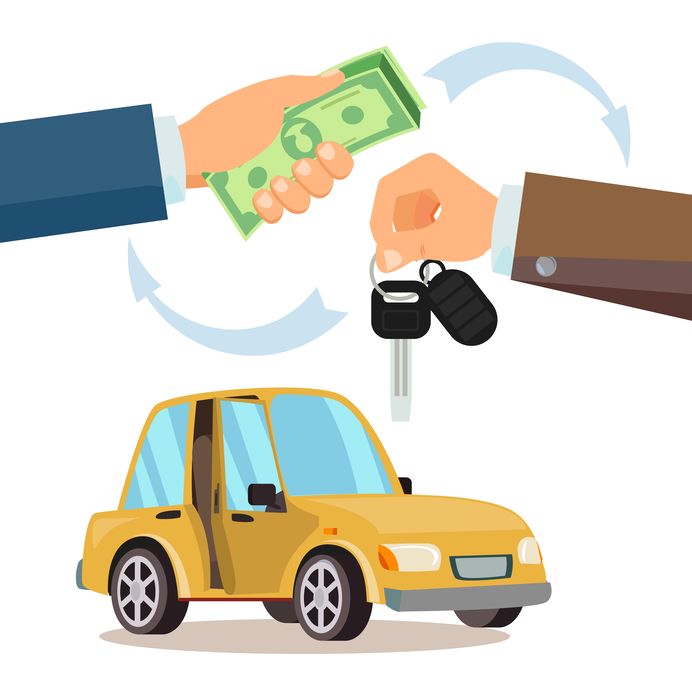How to Put a Lien on a Vehicle?
When a vehicle is financed through a bank, the bank becomes a “secured party” in relations to the vehicle. This means that the bank now owns a financial interest in the vehicle, secured by the vehicle itself. Therefore, the information about the bank’s interest in the vehicle has to be put on the certificate of title, along with the borrower’s information.
In order to put such a lien on a vehicle’s certificate of title, the borrower must request an Application for Certificate of Title form (HSMV form 82040) from his local DMV. The borrower must bring proof of identity, proof of ownership of the vehicle, proof of required insurance coverage as well as the lien holder (bank’s) address and lien code. The lien code can be obtained by calling the bank or found on each bank’s website.
After submitting all the required documentation to the DMV, typically the borrower and the lien holder will both receive copies of the certificate of title in the mail. The process may vary by state, so it is advisable to check your state’s requirements.
How to Remove a Lien from a Vehicle?
In order to remove a lien from a vehicle, the owner of the vehicle must have paid the full amount he owes to the lien holder. Following the repayment of the car loan, the lien holder (usually the bank) will send the owner a confirmation that the loan has been paid in full. If the owner has not yet received this confirmation in the mail, he may contact the financing institution to request it. The next step is for the owner to take this confirmation letter to the local DMV, where the owner will be issued a new certificate of title, solely in his name. A fee for this process usually applies.
Can I Make My Vehicle a Collateral for a Loan?
An auto equity loan is a secured loan that allows a vehicle owner to borrow money against the value of his vehicle. Whether a vehicle owner is able to qualify for this process depends on the type of ownership the car owner currently has. In order words, if an individual fully owns the vehicle, he can use the vehicle as a collateral for a loan. However, if the car is being financed, the ability to borrow against it would depend on how much the owner still owes to the financing institution. Typically, to be able to borrow against the car, the owner would have to owe to his financial institution less than the car’s market value. However, being able to make the vehicle a collateral for a loan largely depends on the individual terms of the auto loan that the borrower signed with the financial institution. Some loan agreements do not allow using the vehicle as a collateral.
Should I Get an Auto Equity Loan?
At first glance, auto equity loans may seem like a good solution when an individual requires “fast cash”. It is also typically easy to qualify for an auto equity loan, as the vehicle serves as collateral.
Before getting an auto loan it is important to know a number of factors:
- The loan typically comes with extra fees charged by the DMV.
- The owner may lose his vehicle completely, if he falls back on the loan payments. Because most people critically rely on their vehicles to produce their income, leveraging the car as collateral is considered to be a risk.
- A number of large banks do not offer auto equity loans at all, including Citigroup, Bank of America, etc.
- The loan will depend on the individual’s credit history, value of the vehicle and the amount of equity that the owner holds in the vehicle.








